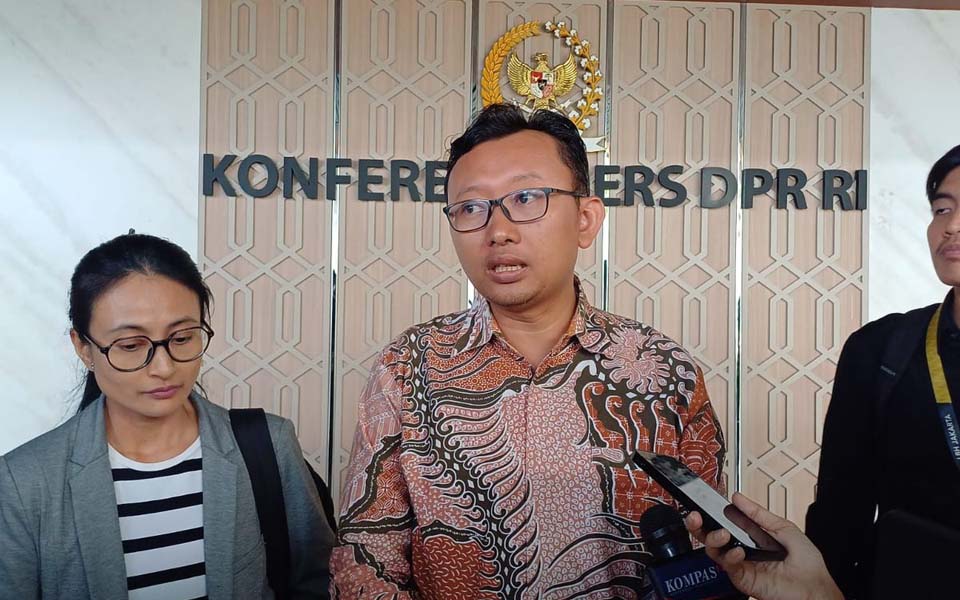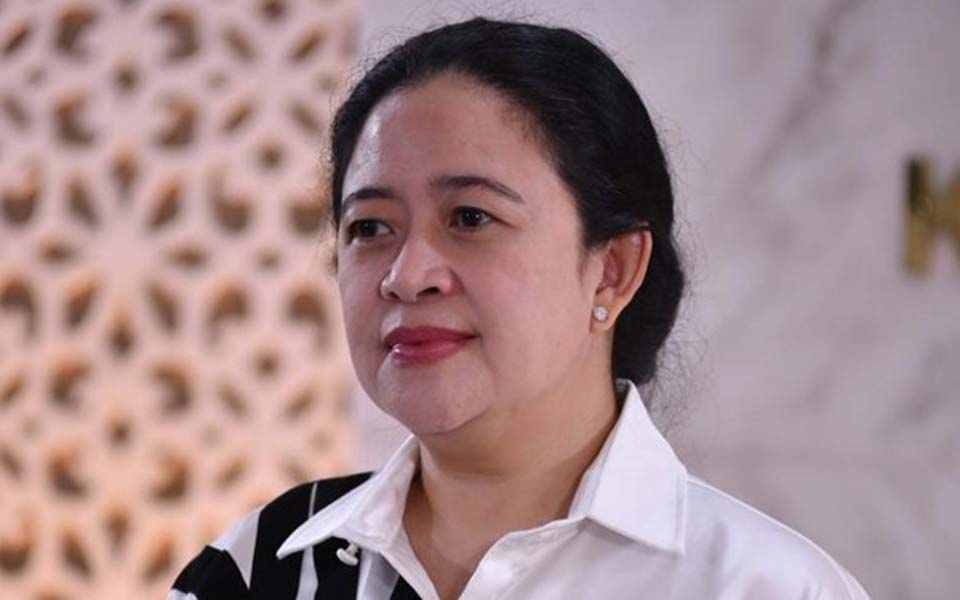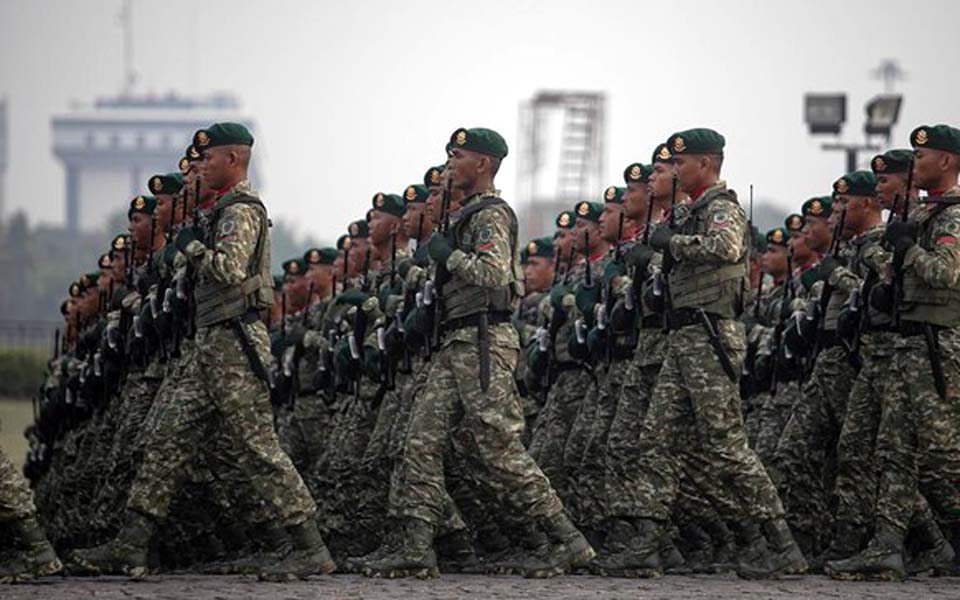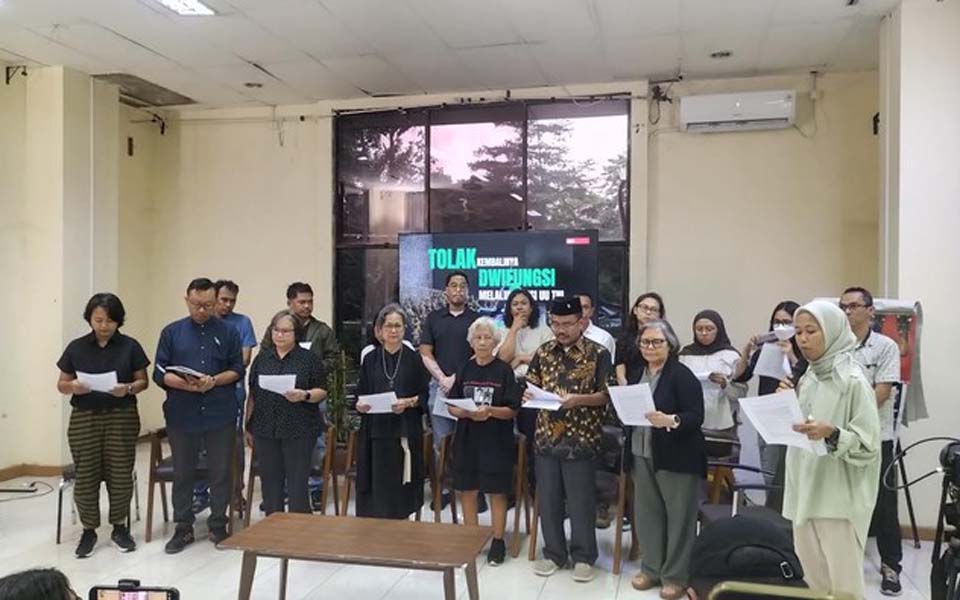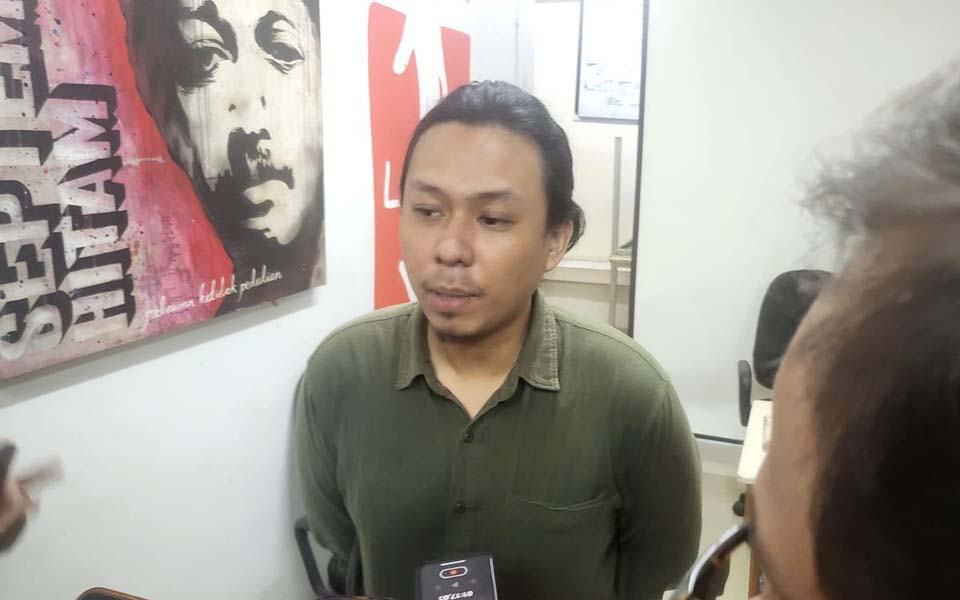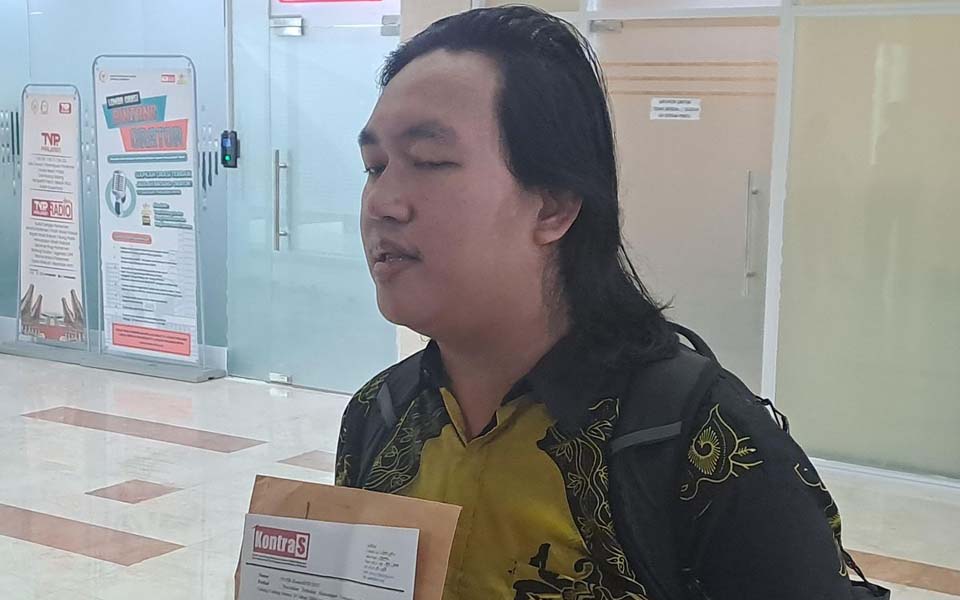Jakarta – The House of Representatives’ (DPR) Legislation Body (Baleg) has restarted deliberations on the Draft Law on Family Resilience which created a public controversy not long ago.
One of the initiators of the draft law, a lawmaker from the Islamic based National Mandate Party (PAN) faction, Ali Taher, said that the law was important to strengthen national resilience because of the disparity in development between villages and cities.
Taher is of the view that the influence of globalisation and developments in the social, economic and cultural fields, along with information technology, has created a shift in cultural and family values.
According to Taher, a legal basis is needed which sides with the interests of and provides protection to all families.
“So this law is viewed as being needed and is important to strengthen our national resilience”, said Taher when presenting the substance of the draft law at the Baleg on Monday September 21.
The PAN politician said that when a transformation occurs from rural to urban living it gives rise to six basic problems, namely unemployment, poverty, family disintegration, crime, free sex and drug use – which could undermine family resilience.
DPR member Netty Prasetiyani from the Islamic based Justice and Prosperity Party (PKS) faction meanwhile – who is also one of the initiators of the draft law – said that the family as a small unit in society needs to be regulated as one of the assets in national development.
According to Prasetiyani, the government must protect families from vulnerability and turn families into the basis for making public policy.
“If each family is able to build immunity, build antibodies against each road map and test cycle that is faces, then this model of family resilience will become a pillar of national resilience”, said Prasetiyani.
The Draft Law on Family Resilience created a controversy in April because several articles in the law were seen as regulating the morality and private lives of citizens.
The law includes for example a requirement that husbands and wives to love each other, makes it obligatory to report family members who are sexually deviant and requires separate beds for parents and children.
Criminal Justice Reform Institute (ICJR) researcher Genoveva Alicia believes that the draft law will increase incidents of domestic violence because it minimises criminal proceedings against perpetrators and promotes resolving violence internally within the household.
Special presidential staff member for legal affairs, Dini Shanti Purwono meanwhile believes the draft law reaches too far into the private sphere.
Purwono said the government will be providing input on the draft law and questioned whether the state should interfere too much in the private sphere.
“I don’t know [the details]. But it’s said that there are articles which require male and female children’s rooms to be separate. This reaches too far into the private sphere”, said Purwono not long ago. (mts/fra)
[Translated by James Balowski. The original title of the article was “DPR Kembali Bahas RUU Ketahanan Keluarga”.]






